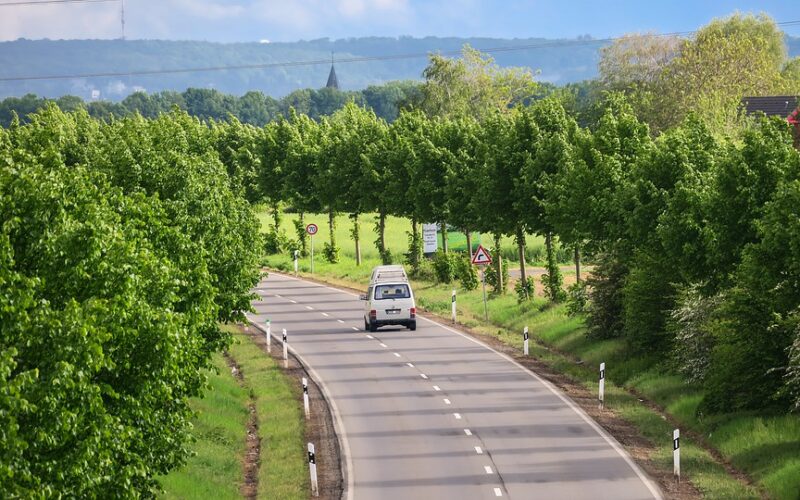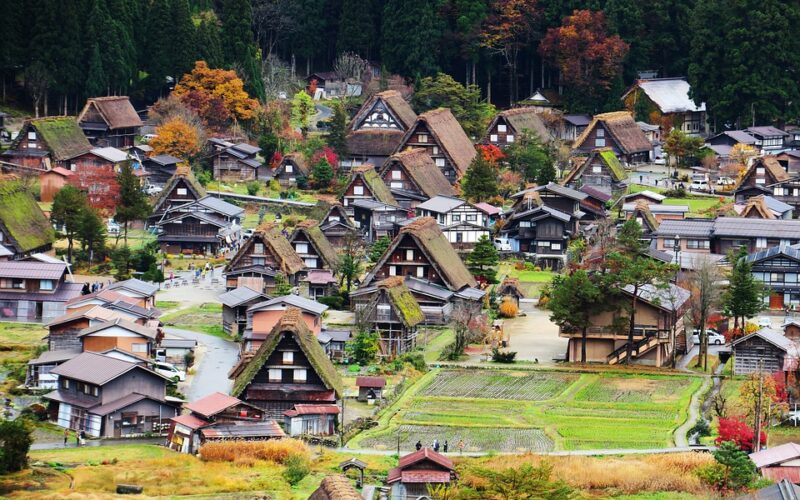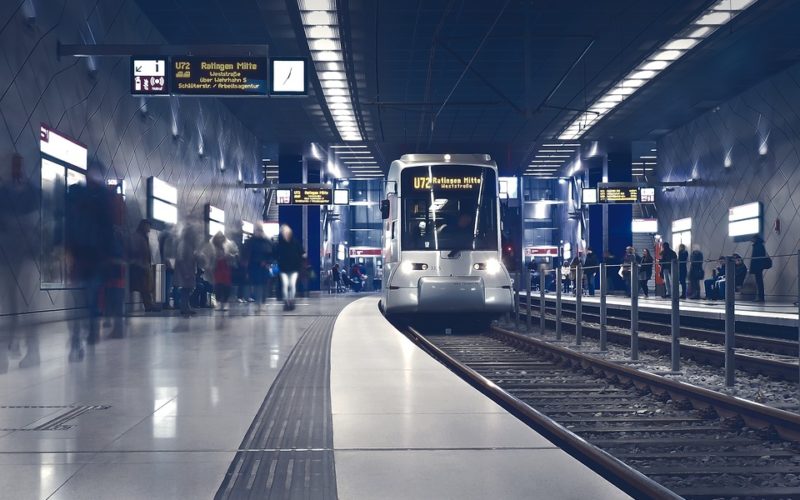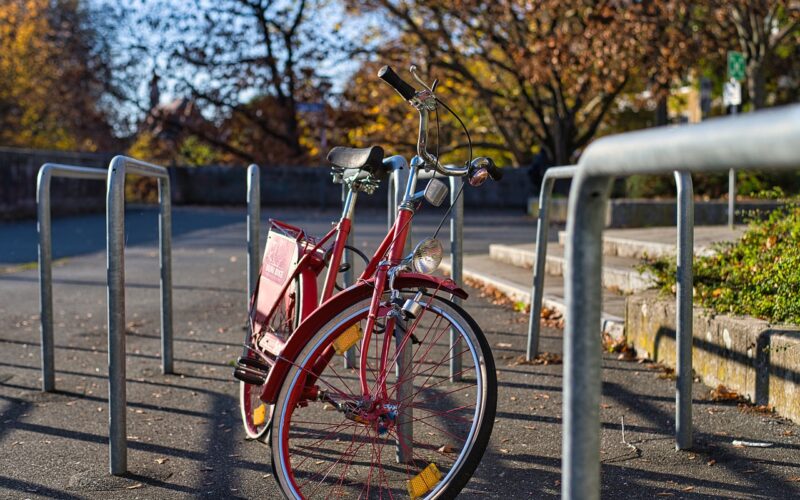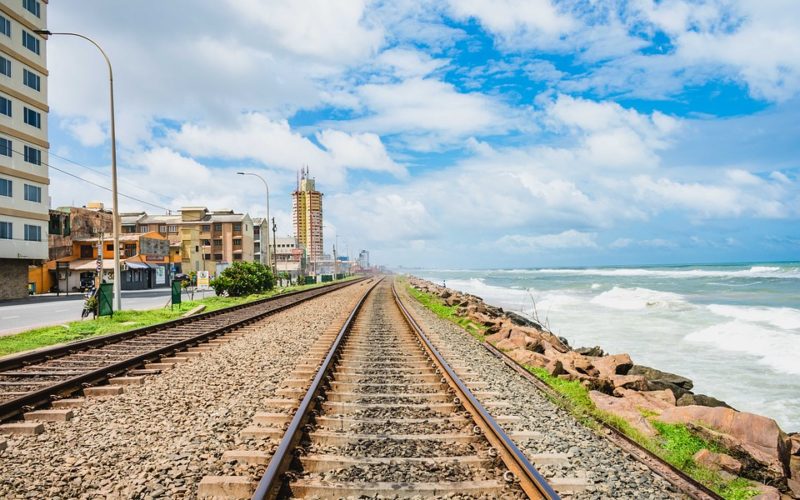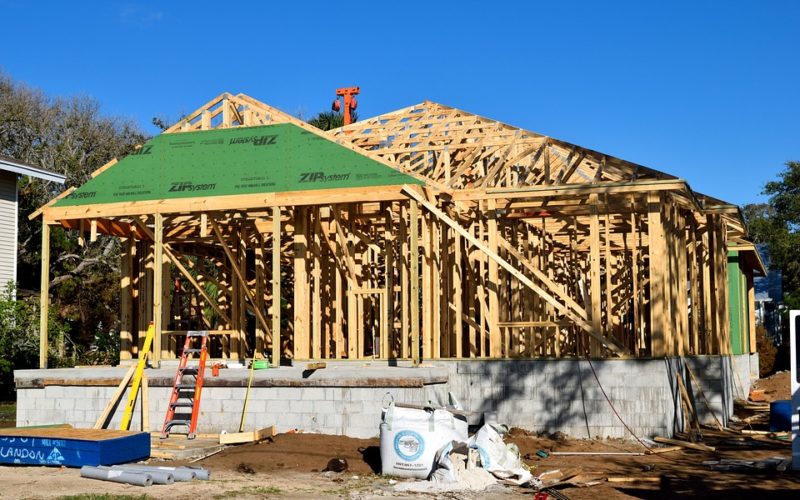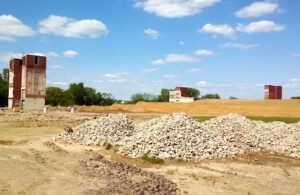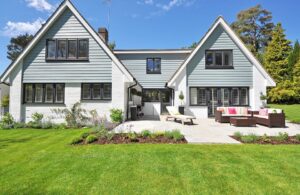The countryside is often where people want to live today, but getting to work can become an issue. Long commutes often occur due to lack of roadways. Rather than enjoying a better life, many people are stuck sitting in traffic when the roads are unable to handle the new volume. Communities with this issue realize they have to do something, and rebuilding infrastructure is often an expensive but necessary solution. They may not wish to spend the money, but widening roads and creating new ones is what they will need to do to keep their tax base working.
Older communities may have planned for some road expansion, but it is often put on hold until they have the funds. As new communities are built on the outskirts of town, they may need to finance road widening before the tax coffers fill. Being able to expand the capacity of existing roads is often less expensive than building new ones, and it can keep commuters happy to remain within the community if they can get to work on time.
New roads are expensive, and many developers take it into account when planning to build housing. The issue generally is centered not on the new area being built. There must be roads to reach every part of a new sub-division, so the issue is centered on what roads will be created to get people to and from work or shopping. Many smaller communities will not issue permits without additional roads being built to serve the new area, and they often work with developers to make the process easy for locals and new community members.
Adding infrastructure or building new is costly, but it is generally a necessity in smaller towns. Developers know this will be part of what they are expected to do for the areas where they build, and local governments are aware they must expand their own road capacity to handle the influx.
